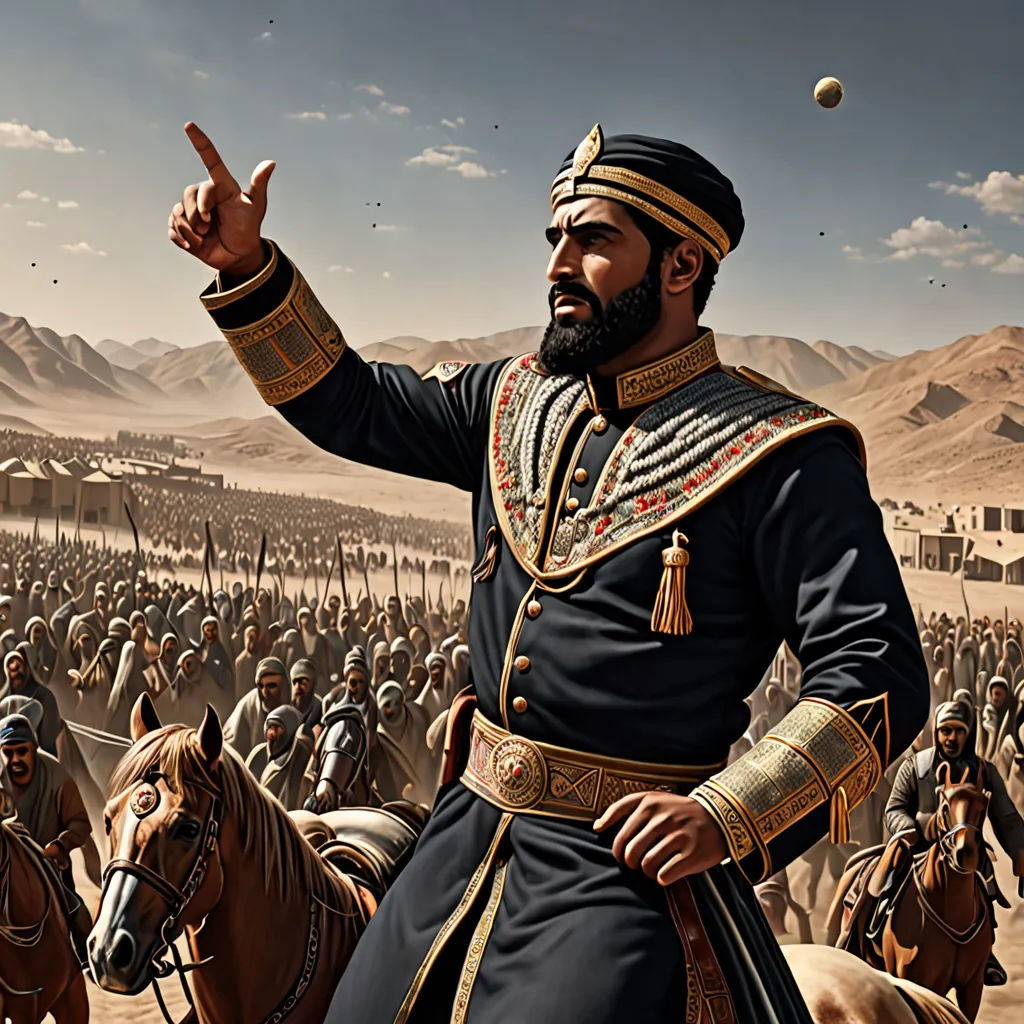
The Conquest of Khaybar
By Dar Bilal

28 May, 2024

Hazrat Ali, cousin and son-in-law of Prophet Muhammad, stood at the forefront of the Muslim forces. His eyes were fixed on the fortress of Khaybar, a stronghold of the Jewish tribes, and his heart was full of determination.
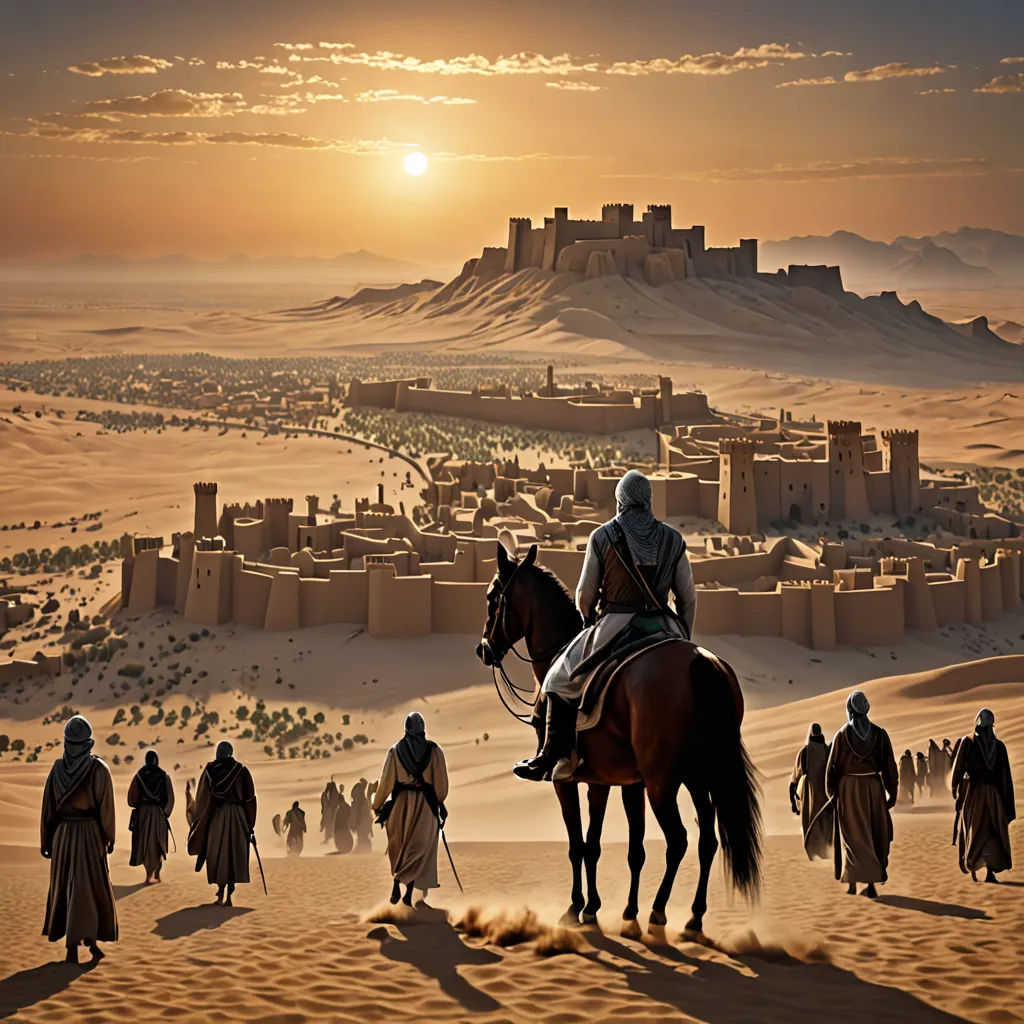
As they drew closer to the fortress, the tension among the Muslim forces heightened. But Ali, their commander, stayed calm. His eyes never left the fortress, his resolve never wavered.
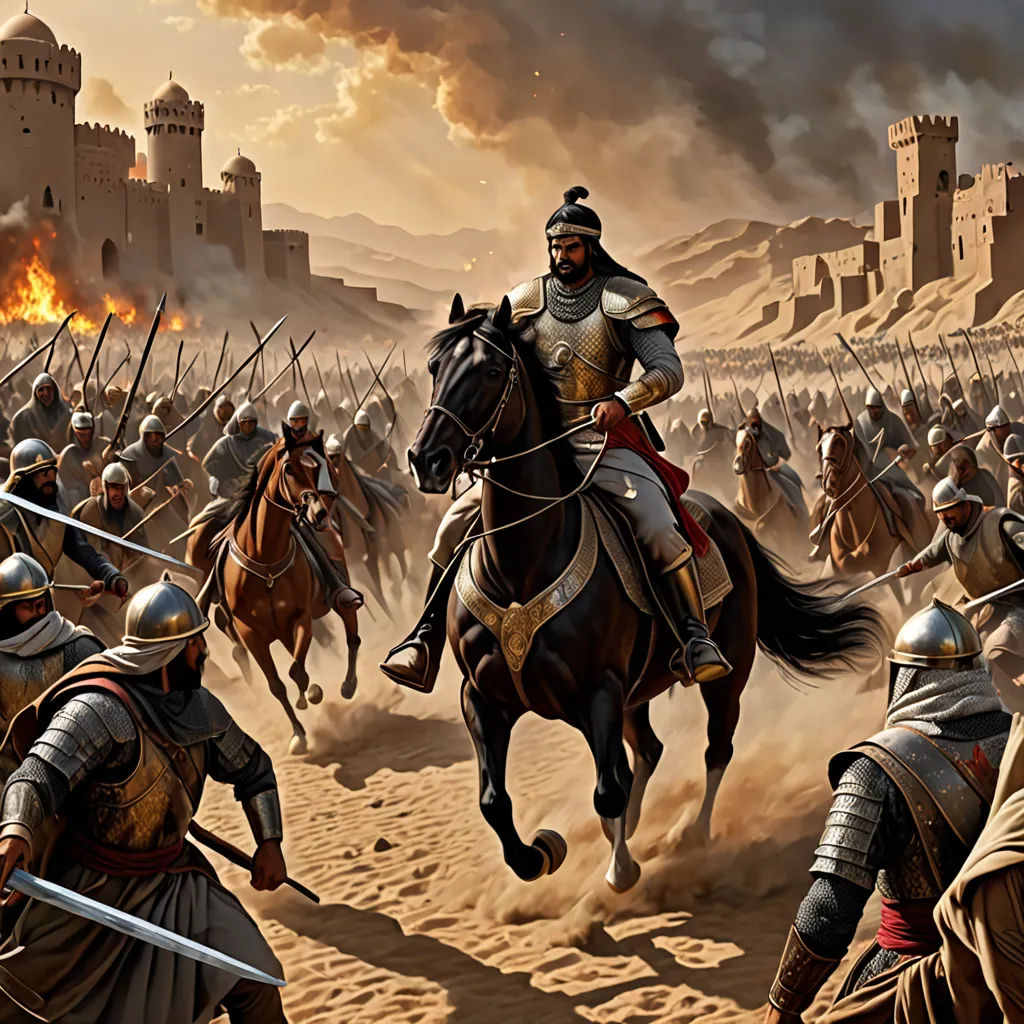
Hazrat Ali led his forces into the battlefield. The air was heavy with anticipation. He raised his sword and rallied his men, infusing them with courage and resolve.
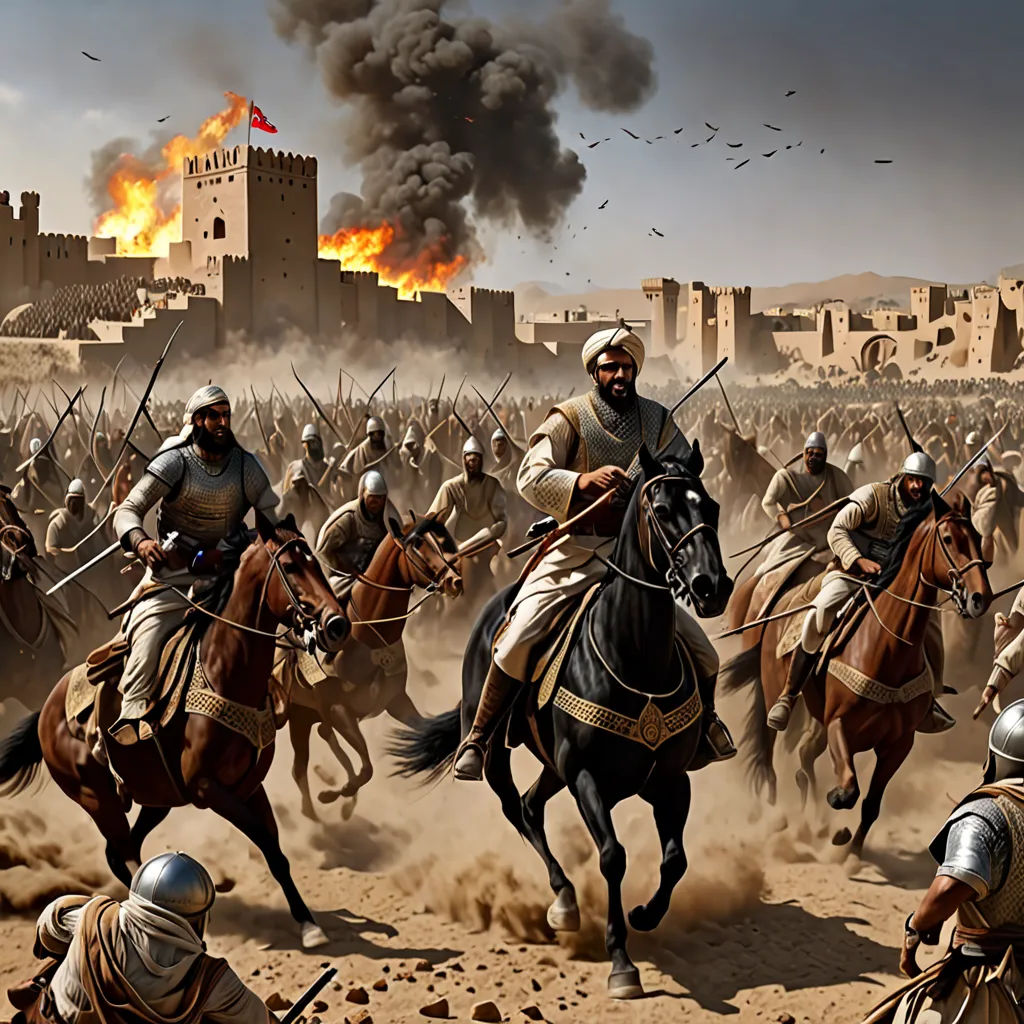
The battle commenced with a deafening roar. Ali, in the thick of it, fought with unmatched courage and skill. He was a beacon of hope for his men, an embodiment of their faith.
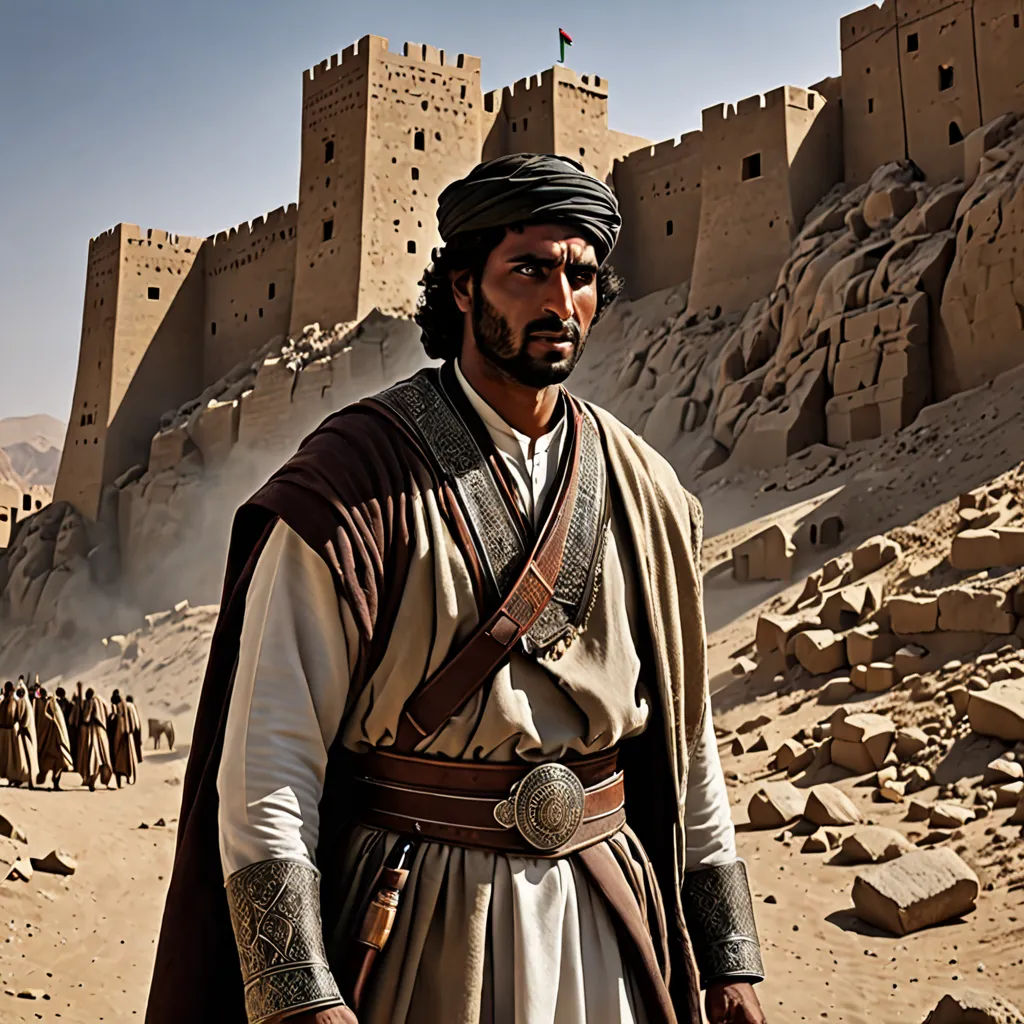
After days of fierce fighting, the fortress was within their reach. Ali, despite his fatigue, pushed forward. He knew that their victory was near.
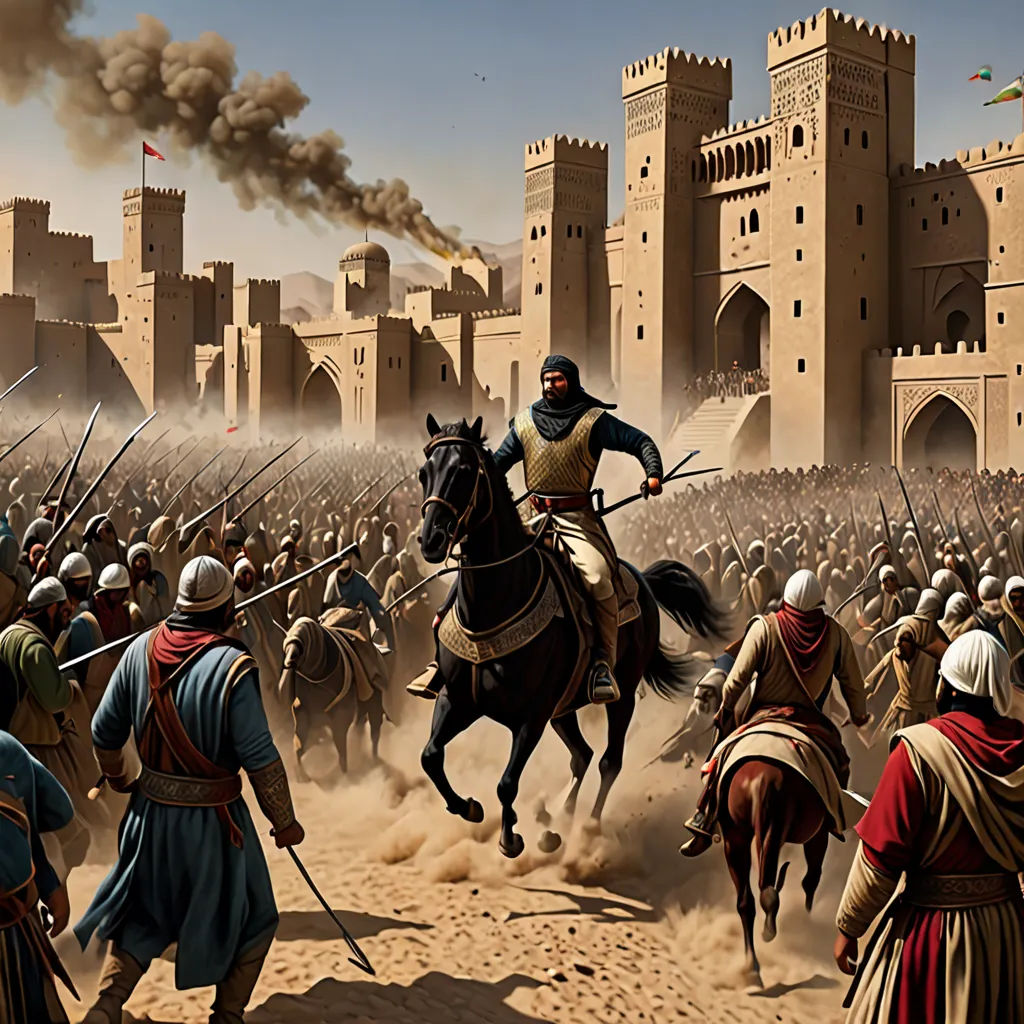
Finally, the gates of the fortress were breached. The Muslim forces charged in, led by Ali. The battle of Khaybar was nearing its end.
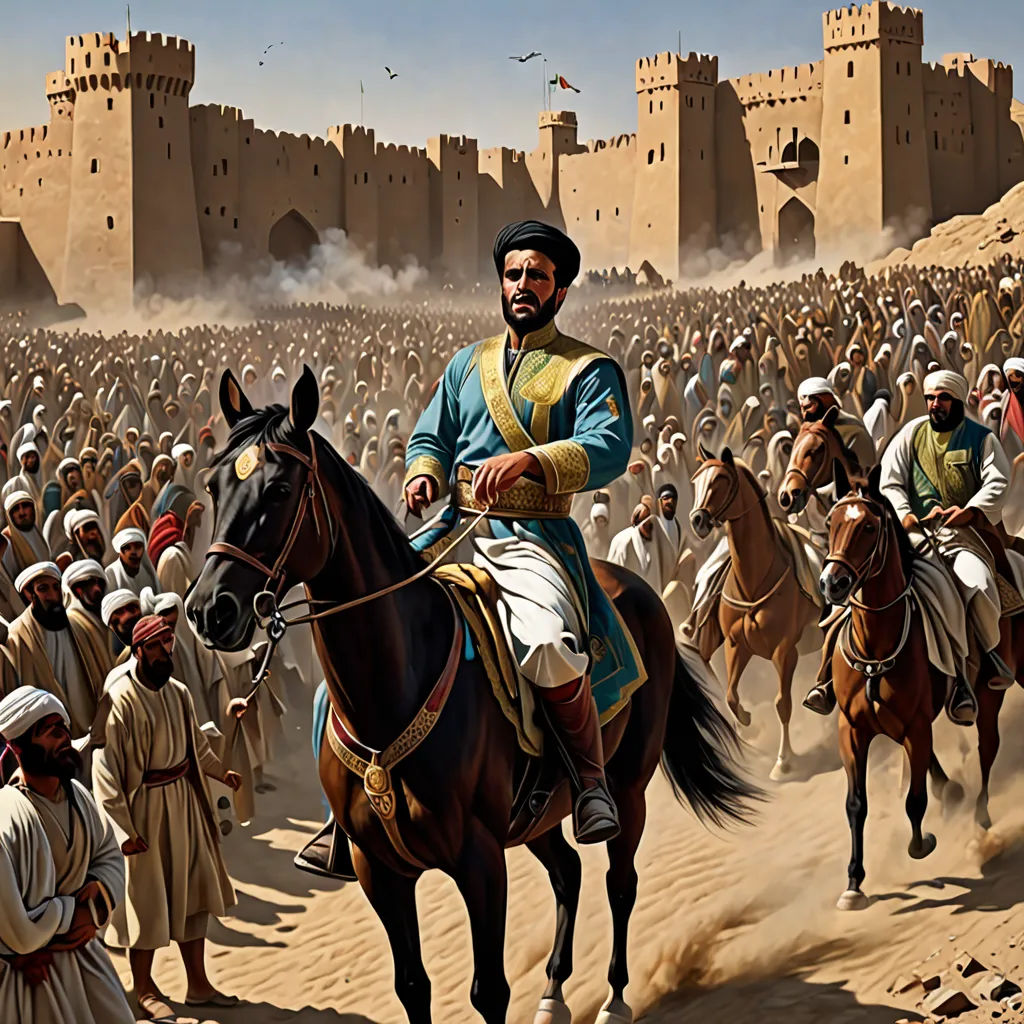
With the fortress captured, the Muslim forces rejoiced. Hazrat Ali, although weary, shared in their joy. Their victory had not only expanded their territory but also strengthened the influence of Islam.
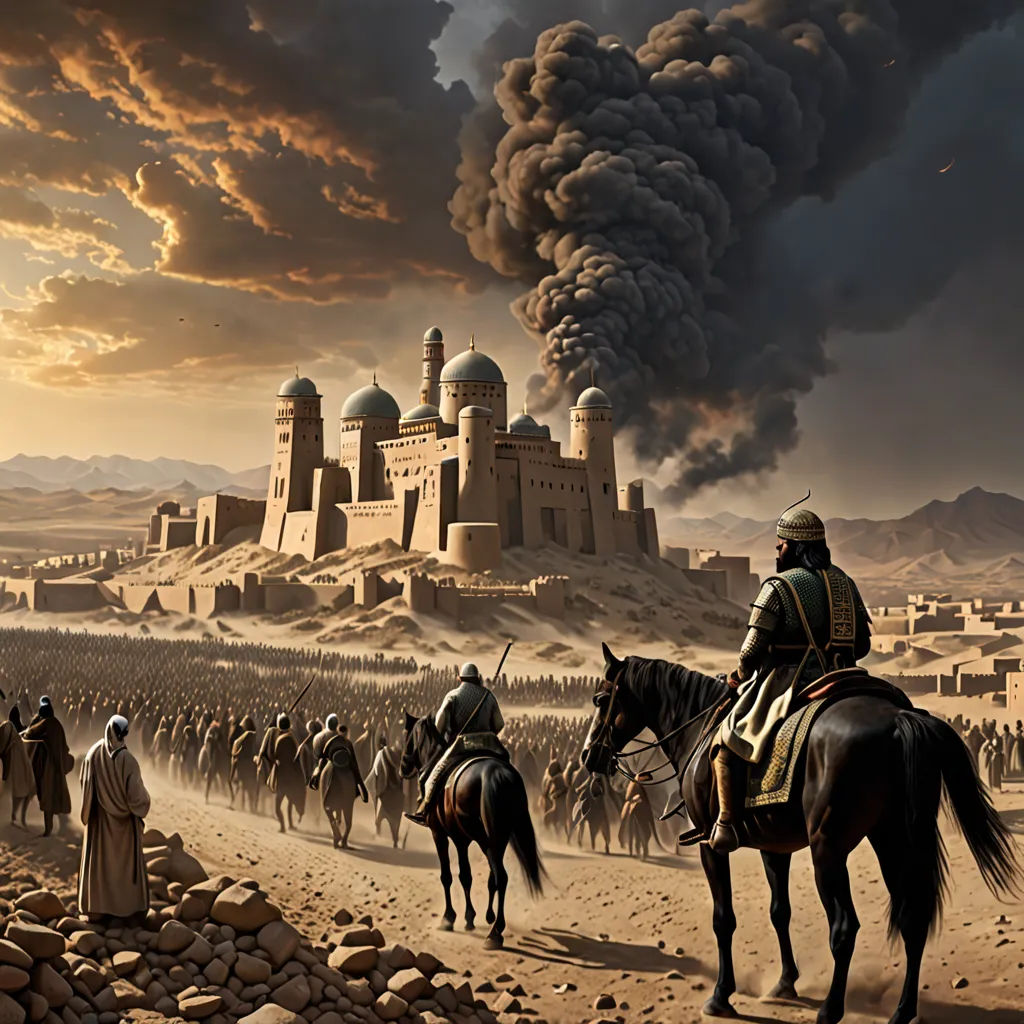
The victory at Khaybar was a turning point. It marked a significant event in Islamic history and showcased the leadership and bravery of Hazrat Ali.
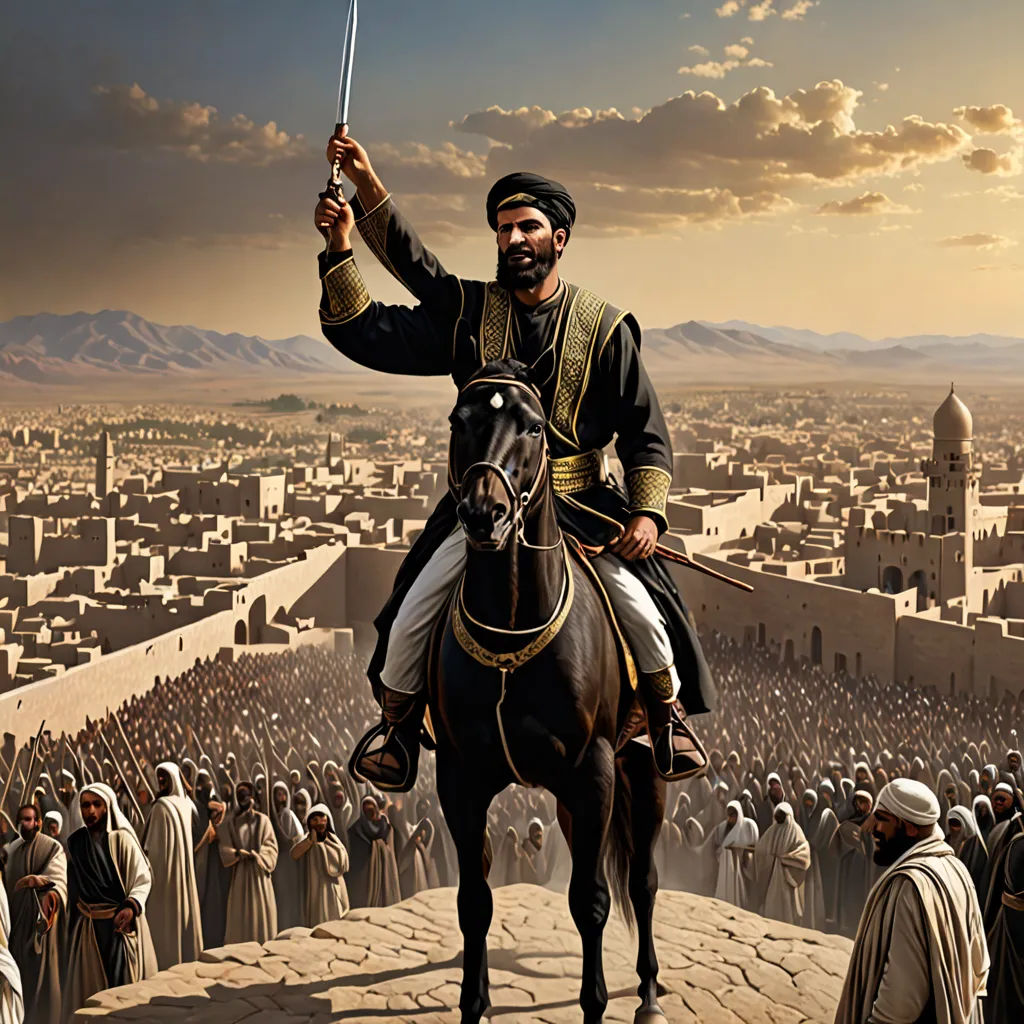
In the aftermath of the battle, Hazrat Ali stood atop the fortress, his gaze sweeping over his victorious forces. The victory was hard-earned, but it was a testament to their faith and resolve.
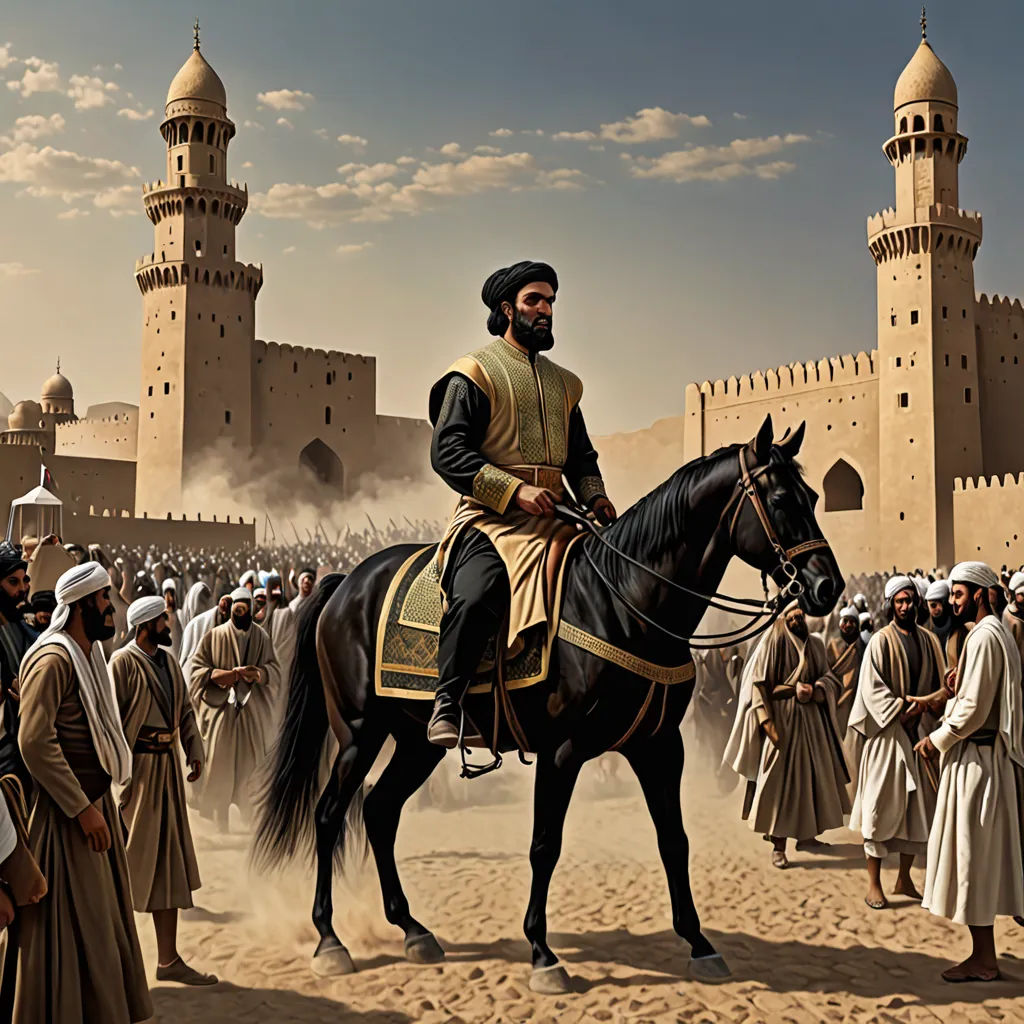
Ali's role in the battle was monumental. His leadership, courage, and skill in battle were key to their victory. His name would forever be associated with the conquest of Khaybar.

As the sun set, Hazrat Ali looked at the fortress one last time. It was a symbol of their victory, of their strength. But for Ali, it was also a symbol of their faith and the promise of a prosperous future.

With the conquest of Khaybar, Ali had left an indelible mark on Islamic history. His name and his deeds would echo through the sands of time, a testament to his leadership and the strength of his faith.